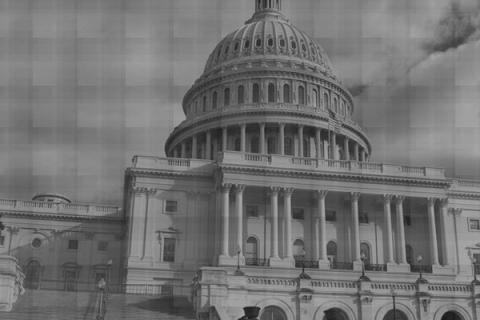As the circusof delusion surrounding California's special elections continues, theunrealistic optimism of those pushing the elections is only becomingmore and more obvious, and more and more self-evidentlycounter-productive.
Now not only are politicians asking California'speople to approve spending caps, tax increases and borrowing againstthe lottery, they're also asking them to publicly admit they were wronglast November.
The Los Angeles Times reportsthat "Citizens passed taxes to fund early childhood and mental healthprograms, specifically. Now lawmakers want the money for California'sgeneral fund instead." The two propositions involved - namely,Proposition 1E and Proposition 1D, would "yank more than $2 billionfrom a pair of popular programs that helpsome of the state's most vulnerable: young children and the mentallyill."
The only possible explanation for the existence of thesePropositions is that they were drafted by the very group which they areintended to disadvantage - namely, metnally ill children. This is not becausethe idea behind the Propositions is so unreasonable - actually, it'srather advisable that Californians wise up to the insipid "save thechildren" style of campaigning that is all-too-common where spending isconcerned, and which frequently leaves the "children" out in the cold while pampering liberal interest groups.However, if wishes were horses, beggars would ride, and the prospect ofCalifornia's people approving challenges to liberal spending projectsdesigned to tug at the heartstrings is only slightly less likely thanthe prospect of Californians voting for five million dollars to allow beggars to ride through the creation of a "Wish Horse Commission!"
Let's review the evidence from the last election. Of the 12Propositions on the ballot, seven passed, including Proposition 1A(designed to build California a massive Toy Train), Proposition 3 (because imagine how wonderful it would be if we would just think of the children), and Proposition 12 (because we all know how Americans love to quarter troops).The only spending initiatives which did not pass were Propositions 7and 10, and those only failed because California's people wereterrified that somehow, somewhere, corporations might be making a buck.
We spend 40% of our budget on education, three times as much as Texas(a larger state) on prisons and frequently pass environmentalist rulesand regulations which bog down the economy. In one of California's rarebrushes with common sense, we also limit taxes, and to this day are by no means friendly to tax increases.
In short, as the Times put it, "the last 30 years have seenvoters approve two dozen ballot measurestelling lawmakers how to spend money. Gas taxes for transportationprojects. Tobacco taxes for healthcare. Funding guarantees foreducation and after-school programs. Two of the hardest-fought measuresof recent years now stand to beretro-engineered if voters approve Propositions 1D and 1E next month."
Yes, that's right. In the midst of a budget crisis, the governor iscalling a special election to ask California's people to rescind two of the hardest-fought measures of recent years.This is a bit like asking a child to choose between selling his twofavorite toys and eating dog biscuits. The choice, as well as theirrationality of the entity making it, is very clear.
Presumably, Governor Schwarzenegger is banking on the panic ofCalifornia's people to propel these measures to victory. This would bean effective tactic, if his own party didn't keep undercutting him.
Forinstance, Darrell Steinberg, the Los Angeles Times's favoriteRepublican, has tried to put a game face on the measures by arguing"that sacrifices needed to be made on all fronts -- including his ownpet program."
One supposes this is that "pragmatic conservatism" the Times finds so refreshing in Steinberg; no one but a "pragmatist" could possibly be nobleenough to pass "pet projects" which the State can't afford and then tryto sell his renunciation of his own profligacy as a gesture ofsacrifice, right? The best one can say for Steinberg's proposal is"better late than never." But when one is staring into the void ofbudgetary collapse, lateness and platitudes showered on scared votersare insufficient. Decisive leadership is needed right now, nottriangulation.
Although, if Schwarzenegger and Senator Steinberg arelistening, I've got a pretty good name for their advertising strategythey could use: the D and E Advertising Directive. It's even got anifty little acronym they could use - one which describes wherewe'll all be when the voters inevitably turn down these twopropositions: DEAD.
